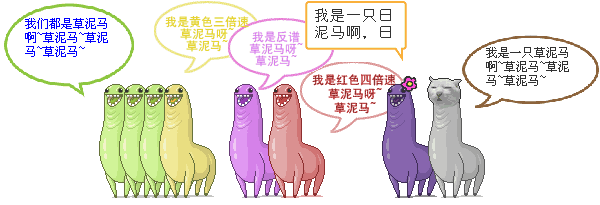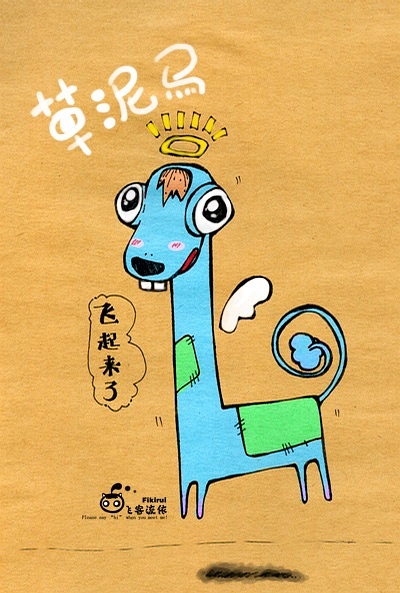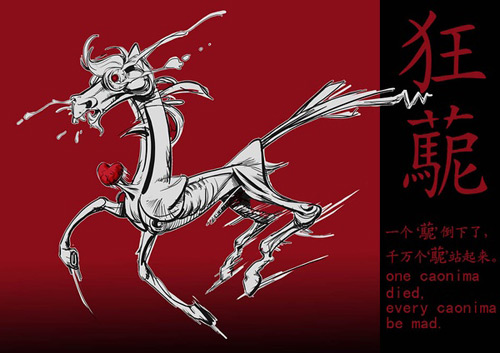From the New York Times, via the International Herald Tribune:
The grass-mud horse is an example of something that, in China’s authoritarian system, passes as subversive behavior. Conceived as an impish protest against censorship, the foul-named little horse has not merely made government censors look ridiculous, although it has surely done that.
It has also raised real questions about China’s ability to stanch the flow of information over the Internet — a project on which the Chinese government already has expended untold riches, and written countless software algorithms to weed deviant thought from the world’s largest cyber-community.
Government computers scan Chinese cyberspace constantly, hunting for words and phrases that censors have dubbed inflammatory or seditious. When they find one, the offending blog or chat can be blocked within minutes.
Xiao Qiang, an adjunct professor of journalism at the University of California, Berkeley, who oversees a project that monitors Chinese Web sites, said in an e-mail message that the grass-mud horse “has become an icon of resistance to censorship.”
“The expression and cartoon videos may seem like a juvenile response to an unreasonable rule,” he wrote. “But the fact that the vast online population has joined the chorus, from serious scholars to usually politically apathetic urban white-collar workers, shows how strongly this expression resonates.”
Pictures are from maleandgebi.com.
Read also:
* Reform-Oriented National Print Media Join Netizens’ Battle Against Censorship on CDT.
* “Grass Mud Horse” on the English Web, via google.
* “Caonima” (草泥马) on the Chinese Web, via google.
* A website dedicated to Grass-Mud Horse fans is set up at here: Caonima.name













